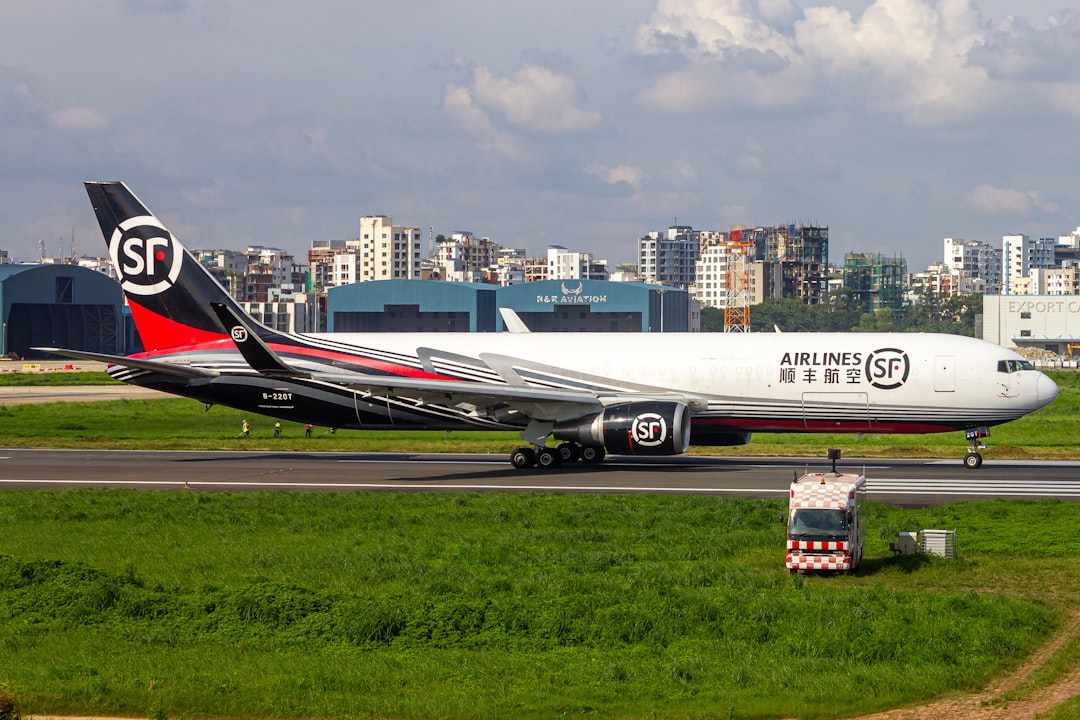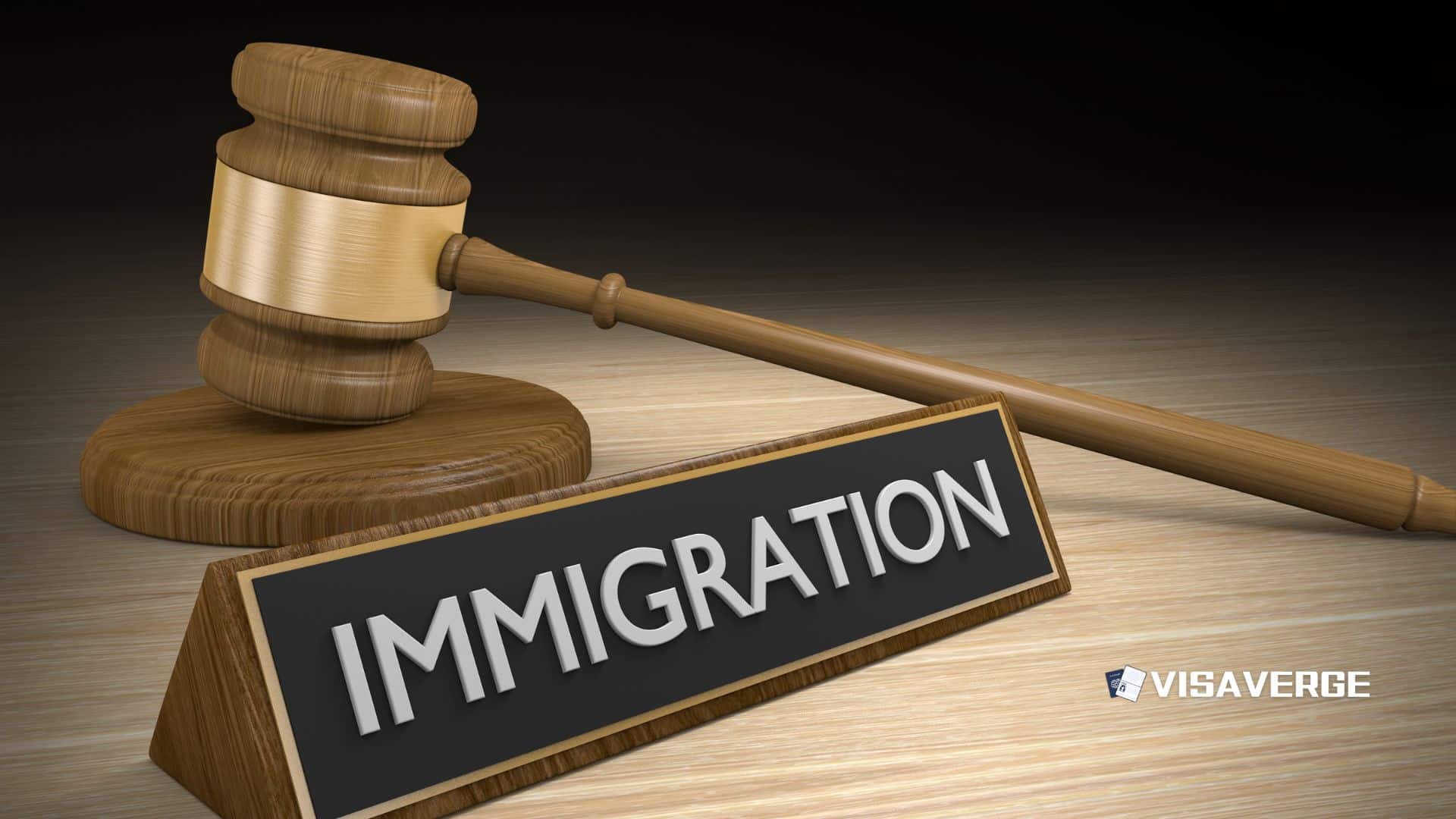On August 5, 2025, the City of New Haven took a strong stand against Avelo Airlines by banning city workers from using public funds to book flights with the carrier. This decision comes after months of protests and public debate over Avelo’s role in operating ICE deportation charters. The move directly affects travel at Tweed New Haven Airport, where Avelo is the main commercial airline, and signals the city’s opposition to the airline’s involvement in deportation flights.
Why Did New Haven Act Now?

The city’s action follows Avelo Airlines’ recent contract with U.S. Immigration and Customs Enforcement (ICE) to operate deportation flights. In April 2025, Avelo’s CEO, Andrew Levy, told staff that the company had signed a deal worth about $150 million to run these flights. He explained that financial pressures and weak performance at Tweed New Haven Airport pushed the airline to accept the contract. By May 2025, Avelo began flying detainees between U.S. facilities and, soon after, started international deportation flights, including one to Guatemala.
What Does the Ban Mean for City Workers and Travel?
The new policy means that no city department or employee can use public money to book Avelo Airlines flights for official business. This includes all flights leaving from Tweed New Haven Airport. Since Avelo operates 30 direct passenger routes from this airport, the ban could make official travel harder and possibly more expensive for city workers. City finance departments will now reject any Avelo-related travel expenses, enforcing the ban through normal purchasing and reimbursement rules.
Community Response and Growing Pressure
The decision to bar spending on Avelo Airlines did not happen in isolation. Local and national groups, including the Coalition to Stop Avelo, have protested the airline’s ICE contract since it was announced. These groups call the deportation flights “inhumane” and “illegal,” urging both city and state leaders to take action. According to analysis by VisaVerge.com, the controversy has sparked a larger debate about whether public money should support airlines involved in deportation operations.
Connecticut Attorney General William Tong and other state officials have joined the conversation, speaking at national press conferences and supporting new laws to penalize airlines that help with deportations. One idea is to take away jet fuel tax breaks from these airlines, making it more costly for them to work with ICE.
Avelo Airlines’ Position
Avelo Airlines has defended its decision, saying the ICE contract was necessary to avoid layoffs and keep the company running. The airline says it puts the safety and well-being of everyone involved first. Avelo’s leadership points to tough financial times and the need to keep service going at Tweed New Haven Airport as reasons for taking the contract.
Impact on the Airport and Local Economy
Tweed New Haven Airport relies heavily on Avelo Airlines for commercial flights. Some business leaders and airport officials worry that the backlash could hurt local air service and the economy. If Avelo loses support or faces more bans, it could reduce flights or even leave the airport, making travel harder for everyone in the area.
Wider Policy and Legislative Moves
The issue has reached beyond New Haven. In New York, lawmakers are considering the SAFE AIR Act, which would remove jet fuel tax exemptions for airlines that run deportation flights without due process. The bill would also let the attorney general seek penalties against these airlines. As of late June 2025, the bill is still in committee, but it shows that more states may follow New Haven’s lead.
How Is the Ban Enforced?
- City departments and employees cannot use city funds for Avelo Airlines flights.
- Finance offices will check all travel expenses and reject any that involve Avelo.
- The ban covers all official travel, especially from Tweed New Haven Airport.
Multiple Perspectives on the Ban
- City and State Officials: They say the ban is about using public money in a way that matches the city’s values. They oppose deportation practices they see as unfair or harmful.
- Avelo Airlines: The company says it had to take the ICE contract to survive and keep jobs.
- Activists and Community Groups: They want more action, including boycotts and new laws to stop airlines from helping with deportations.
- Airport and Business Leaders: They worry that the ban and protests could hurt local travel options and the economy.
What Happens Next?
The story is still developing. Protests and calls for more action are likely to continue. Other cities and states served by Avelo may consider similar bans or new laws. The airline’s financial health and future service at Tweed New Haven Airport could be at risk if public pressure and loss of subsidies continue.
Key Dates and Numbers
- April 2025: Avelo announces ICE deportation charter contract.
- May 2025: Deportation flights begin, including the first international flight to Guatemala.
- June 2025: New York lawmakers introduce bills targeting airlines involved in deportations.
- August 5, 2025: New Haven enacts the ban on city-funded Avelo travel.
- $150 million: Estimated value of Avelo’s ICE contract.
- 30: Number of direct passenger routes Avelo operates from Tweed New Haven Airport.
What Should Affected Communities Know?
For city workers in New Haven, the ban means planning travel will require using other airlines, which may be less convenient or more expensive. For residents and travelers, the controversy could lead to fewer flight options if Avelo reduces service. Community groups urge people to stay informed and get involved in local discussions about public spending and immigration policy.
Where to Find More Information
For official updates and details about city policies, visit the City of New Haven’s official website. This site provides information on city rules, travel policies, and contact details for city departments.
Looking Ahead
The New Haven ban on Avelo Airlines is a clear message about the city’s values and its stance on immigration enforcement. While the policy is mostly symbolic, it adds to the growing pressure on airlines that work with ICE. As more cities and states consider similar actions, the debate over public money, air travel, and immigration enforcement is likely to grow.
Affected communities should watch for updates from city leaders, stay connected with advocacy groups, and consider how these changes might impact their own travel plans or local services. The situation remains fluid, and the choices made in New Haven could shape how other places respond to the issue of ICE deportation charters in the future.
This Article in a Nutshell













